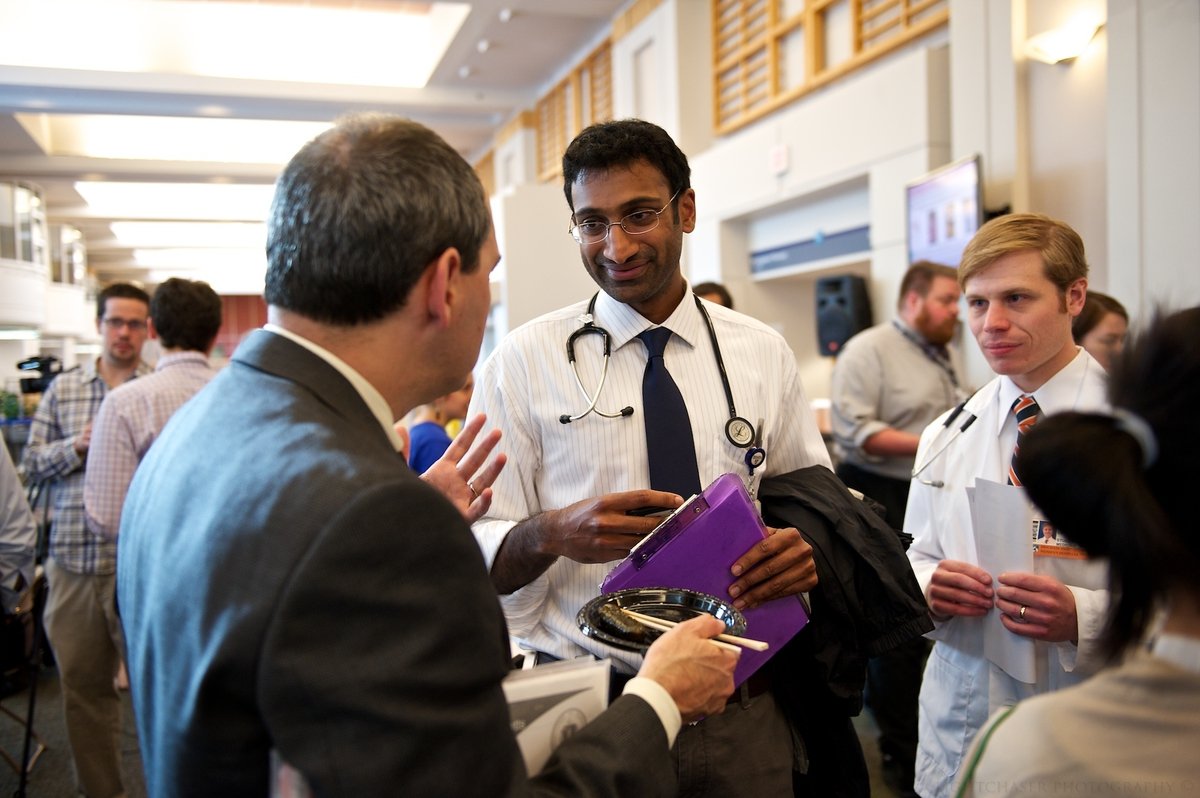About Us
EqualHealth is a global community of health professionals, educators, and activists dedicated to achieving health justice through social medicine.
For 13 years, we have trained health professionals to recognize the structural and social determinants of health and engage in thoughtful, coordinated activism that addresses the root causes of inequity.
Born from the unification of its two founding organizations—Physicians for Haiti and SocMed—EqualHealth’s collaborative leadership and programming model centers leaders from Haiti, Uganda, and other Global South countries as the next generation of social medicine educators and practitioners.
Mission
History
EqualHealth is a global organization dedicated to building critical consciousness and collective action in the pursuit of health equity for all.
EqualHealth is the unification of two founding organizations, SocMed and Physicians for Haiti.
In 2010, SocMed offered its first four-week social medicine immersion course in Gulu, Uganda. That same year, Physicians for Haiti held its first meetings in the days following Haiti’s devastating earthquake, which led to the establishment of a training partnership with Haitian medical students who persevered in completing their studies following the destruction of the state medical school in Port-au-Prince.
The following year, in 2011, SocMed formalized as a non-profit. Through curricula and training programs based in Minneapolis, Minnesota and Gulu, Uganda, SocMed guided medical students, practicing professionals and community members in learning about the social determinants of health and developing a deep commitment to health equity advocacy.
That same year, Physicians for Haiti began its work strengthening Haiti's decimated clinical education system through education and advocacy. In 2013, Physicians for Haiti held its first social medicine course in Haiti.
In 2015, a collective of medical professionals, researchers, and public health specialists conceived the Social Medicine Consortium, a convening focused on achieving health equity by constructing systems that demand justice, recognizing our global interconnectedness, and supporting the next generation of health professionals in their advocacy. Also in 2015, the Social Medicine Alumni of Haiti—a vibrant activist group—was formed by graduates of Physicians for Haiti's annual Social Medicine course.
One year later, in 2016, the Social Medicine Consortium launched its first conference, "Reimagining Social Medicine," in the Twin Cities, Minnesota. Then, in 2018, the Campaign Against Racism program launched with over 350 members from around the world gathered together in Churchrock, New Mexico.
SocMed and Physicians for Haiti began to discuss the potential of a merger in 2017. Both organization’s representatives recognized that their shared values, vision for building critical consciousness among health workers, and desire to foster collective action globally and locally would be stronger through a combined and unified effort. The decision to merge became official in 2019 after two years of careful consideration and conversations.
A unified EqualHealth launched in 2020, bringing together the histories, visions and commitments of our founding organizations.
Frameworks
Social Medicine
Social medicine is an approach to health that recognizes the centrality of the social and structural determination of health, integrates social theory to understand social forces that marginalize and harm communities, and builds collective power to challenge oppression and support the struggle for social justice.
Health Equity
Health equity is the state in which everyone has a fair and just opportunity to attain their highest level of health. Achieving this requires ongoing societal efforts to address historical and contemporary injustices; overcome economic, social, and other obstacles to health and health care; and eliminate preventable health disparities.
Social Justice
Among its many definitions, social justice promotes a just society by challenging injustice and valuing diversity. It exists when all people share a common humanity and therefore have a right to equitable treatment, support for their human rights, and a fair allocation of resources.
Language Justice
Language justice describes the human right to communicate in the language one feels most comfortable in, without fear of discrimination or exclusion. The language justice framework protects and honors communicative autonomy, individual autonomy, and human dignity by working against discrimination and audism.
Healing ARC
Healing ARC (Acknowledgment, Redress, and Closure) is a pragmatic model for addressing documented institutional racial inequities in health care delivery and treatment of patients. Under this framework, Healing ARC applications counter the notion that race-blind solutions alone can effectively fix systems and structures broken by racism in the healthcare systems in communities across the country. Patient-centered and people-centered healthcare requires addressing the institutional racism that prevents some, particularly those in communities of color, from receiving equal care.
Past Programs
-
EqualHealth's Global Social Medicine Summit, which took place on October 15-18, 2020, built power and deepened relationships across borders in a turbulent moment of global crises, authoritarianism, racial capitalism, and uprising. It featured sessions on faculty development, Haiti, the Campaign Against Racism (CAR), and Pan-Africanism that inspired transnational solidarity, healing, and radical imagination.
-
The Marshall Wolf Social Medicine Education Fellowship offered early and mid-career health professionals a unique, two-year collection of professional development, training, and critical consciousness-building opportunities. Fellows, who hailed from Haiti, Uganda, and the U.S., developed their teaching, leadership and mentorships skills; engaged in health equity advocacy as part of a global movement of social medicine educators and practitioners; participated in the planning and implementation of EqualHealth’s social medicine courses; and received mentorship from EqualHealth’s global network of medical education and social justice leaders.
-
The Women’s Leadership Roundtable offered some of Haiti’s most promising young health professionals a one-year training experience to prepare them to be effective leaders and mentors. The fellowship was designed for women in leadership positions in Haiti’s health care system with the main objective of strengthening their leadership effectiveness in order to impact patient care and health care systems. The fellowship provided a foundation for leaders to develop and ameliorate clinical and institutional management using critical analysis, health information systems, coaching and mentoring, performance monitoring, evaluation and supervision, quality assurance and resource management.




